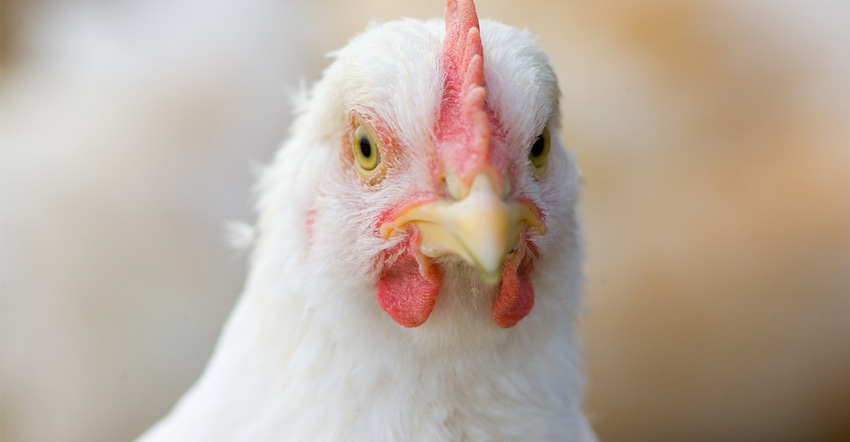March 10, 2022

The Nebraska Department of Agriculture is advising poultry owners to protect their flocks by closely monitoring their birds for signs of avian influenza and by maintaining strict biosecurity practices. Highly pathogenic avian influenza is very contagious and can cause severe illness or sudden death in domestic birds.
USDA has confirmed HPAI in commercial and backyard flocks in Connecticut, Delaware, Iowa, Indiana, Kentucky, Maine, Michigan, New York and Virginia. To date, the virus has not been found in backyard or commercial poultry flocks in Nebraska, but NDA stated in a news release March 7 that HPAI had been confirmed in a wild goose near Holmes Lake in Lincoln, Neb. This is the first confirmed case in the state since 2015.
“While Nebraska has no seen HPAI in a backyard or commercial poultry flock within the state this year, the finding of this single goose adds Nebraska to a long list of states with confirmed cases of HPAI,” said Roger Dudley, state veterinarian, in the NDA news release. “Infected wild birds can carry the disease to new areas when migrating, so we encourage backyard poultry and commercial poultry flocks to continue to remain vigilant, practice good biosecurity, and report sick or dying birds immediately.”
As part of existing avian influenza response plans, NDA is working alongside federal and state partners to monitor for the disease in commercial poultry operations, backyard poultry flocks, live bird markets and in migratory wild bird populations.
Symptoms of HPAI in poultry include a decrease in water consumption; lack of energy and appetite; decreased egg production or soft-shelled, misshapen eggs; nasal discharge, coughing and sneezing; incoordination; and diarrhea.
HPAI can also cause sudden death in birds even if they aren’t showing any other symptoms. HPAI can survive for weeks in contaminated environments. Dudley is asking Nebraska poultry producers, large and small, to monitor their flocks for symptoms of HPAI, review and maintain their biosecurity activities, and notify NDA immediately if they suspect any problems.
Keep up biosecurity
Enhanced biosecurity helps prevent the introduction and spread of viruses and diseases, including HPAI. NDA and USDA have resources available to help poultry owners step up their biosecurity efforts. Here are some tips:
Know the warning signs of infectious bird diseases such as HPAI. Be on the lookout for unusual signs of behavior, severe illness or sudden deaths.
Restrict access to your property and poultry.
Keep it clean. Wear clean clothes, scrub boots or shoes with disinfectant, and wash hands thoroughly before and after contact with your flock.
If you, your employees or family have been on other farms, or other places where there is livestock or poultry, clean and disinfect your vehicle tires and equipment before returning home.
Don’t share equipment, tools or other supplies with other livestock or poultry owners.
In addition to practicing good biosecurity, all bird owners should prevent contact between their birds and wild birds, making sure wild birds cannot access domestic poultry’s feed and water sources.
Report sick birds immediately to NDA at 800-831-0550 or 402-471-2351, USDA at 866-536-7593, or call your veterinarian.
Early detection is important to prevent the spread of disease. According to the Centers for Disease Control and Prevention, the risk to people getting HPAI infections from birds is low. No human cases of avian influenza viruses have been detected in the U.S.
All poultry entering Nebraska must be accompanied by a VS form 9-3 or Certificate of Veterinary Inspection (CVI, or health certificate). If you are considering moving an animal into Nebraska from an affected state, call 402-471-2351 to learn more. Nebraska poultry owners wanting to ship poultry out of state should consult the state veterinarians of the destination states for import requirements.
Learn more at nda.nebraska.gov.
Source: Nebraska Department of Agriculture, which is solely responsible for the information provided and is wholly owned by the source. Informa Business Media and all its subsidiaries are not responsible for any of the content contained in this information asset.
You May Also Like




